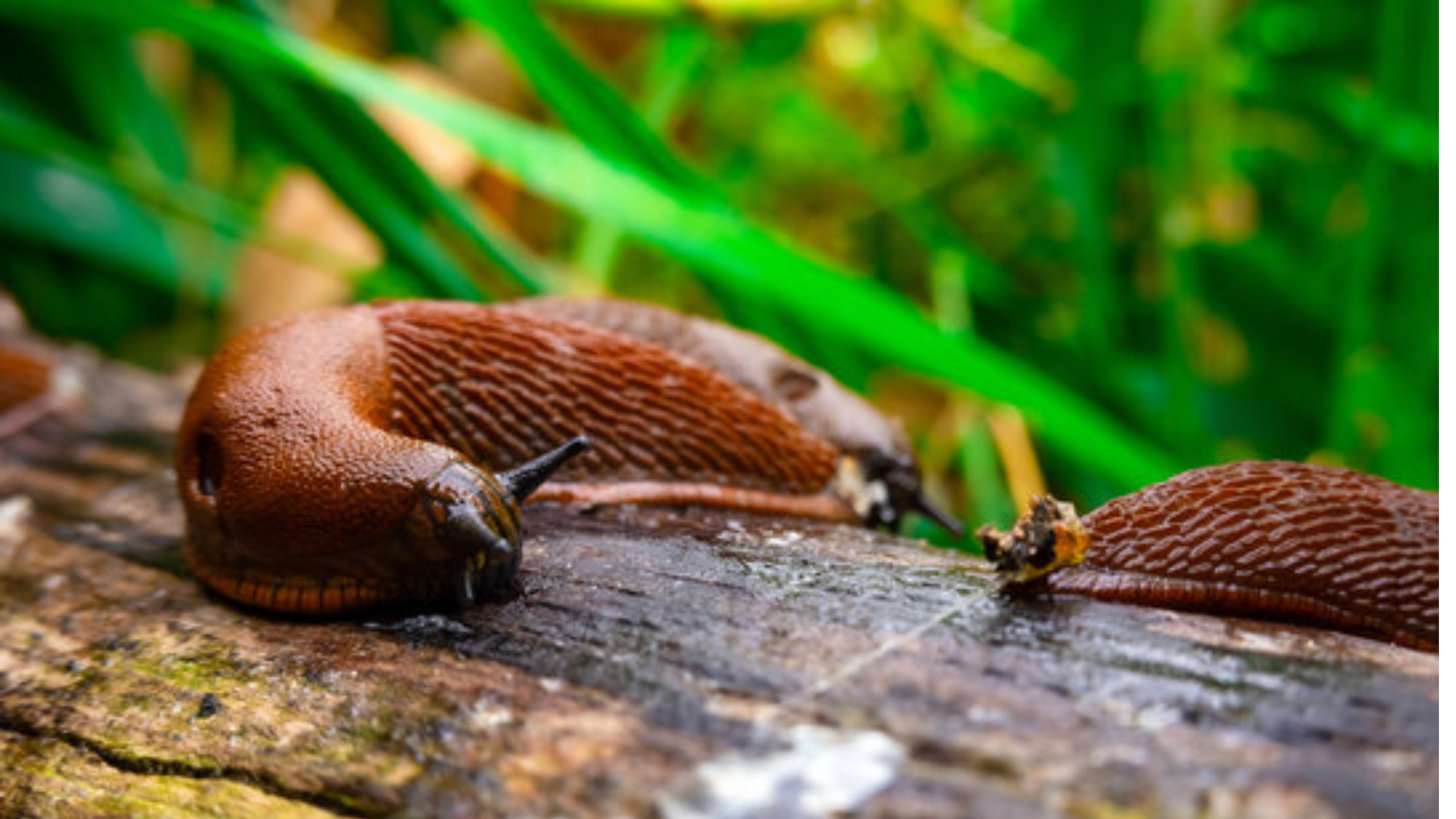Growing a lush, healthy garden is incredibly rewarding, but pests like snails can quickly sabotage your efforts. These slimy little creatures love to feast on leaves, flowers, and vegetables, causing significant damage. The good news is—you don’t need to rely on chemical pesticides to protect your plants. There are several safe, effective, and eco-friendly strategies to deter snails naturally.
In this guide, we’ll explore simple yet powerful methods that can help keep these garden invaders at bay, ensuring your plants thrive without harm to the environment or your loved ones.
1. Homemade Yeast Trap: Waste Not, Want Not
One of the easiest and cheapest ways to lure snails away from your plants is by creating a simple trap using ingredients you probably already have at home.
How to set it up:
- Dig a small hole in the soil near affected plants, just deep enough to place a container.
- Fill a shallow container—like a jar lid or a small bowl—with a mixture of water and yeast. A common recipe is about 2 teaspoons of dry yeast mixed into a cup of water.
- Place this container into the hole you prepared, ensuring the rim is level with the soil surface.
Why it works:
Yeast emits a smell that snails find irresistible. They crawl towards the scent, fall into the water, and sadly, drown.
Tips for success:
- Check and empty the trap regularly, ideally every day or two, to remove dead snails and reset the trap.
- The yeast solution can be replenished weekly or sooner if you notice it dries out or becomes less effective.
This method is eco-friendly, non-toxic, and can be set up effortlessly in any garden or vegetable patch.
2. The Cucumber Barrier: Nature’s Repellent

Another clever trick involves using simple kitchen scraps to create a natural barrier that snails dislike.
What you need:
- Fresh cucumber slices
- Aluminum foil
How to use:
- Arrange cucumber slices on a sheet of aluminum foil, then place this setup around the base of your plants or flower beds.
What makes it effective:
Snails dislike the sticky, slimy feel of cucumber skin combined with the smooth, crinkly texture of aluminum foil. The foil’s reflective surface also confuses and deters them.
Additional tips:
- Replace cucumber slices regularly—they can dry out or decompose.
- For added effectiveness, overlap several pieces to create a continuous barrier.
This method is simple, inexpensive, and truly natural—perfect for organic gardeners.
3. Using Rotten Fruits, Vegetables, and Pet Food as Baits
Snails are attracted to decaying organic matter, making rotting produce an irresistible lure.
How to set this up:
- Place small pieces of overripe fruit or vegetables—like bananas, tomatoes, or lettuce leaves—on damp cardboard near your plants.
- Alternatively, use pet food croquettes placed in shallow dishes filled with water, which acts as a trap for snails drawn to the scent.
Why it works:
The smell of decaying organic matter attracts snails, guiding them away from your precious plants. Plus, collecting them in confined spaces makes removal easier.
Important tips:
- Change the bait regularly to keep it fresh and attractive.
- Keep these traps away from areas where children or pets play, to avoid accidental ingestion.
4. Plant-Based Natural Deterrents
Certain plants have natural repellent qualities, and incorporating them into your garden can provide ongoing protection against snails.
Recommended plants:
- Lavender: Its strong aroma disrupts snail senses.
- Capucine (nasturtium): The leaves and flowers are disliked by snails and can act as a natural barrier.
- Achillée (yarrow): Its scent repels many garden pests, including snails.
- Clematis: Some varieties are less attractive to snails.
- Black Pepper: Sprinkling ground black pepper around plants can act as a mild deterrent.
How to incorporate:
- Plant these herbs and flowers around the perimeter of your garden beds or directly among vulnerable plants.
- Use dried or fresh versions to maximize their repellent effects.
Why choose plants?
Adding these hardy plants not only deters snails but also beautifies your garden and attracts beneficial insects.
Creating a Healthy, Eco-Friendly Garden
Adopting natural snail control methods benefits the environment—reducing chemical runoff and supporting biodiversity. Remember that combining several strategies often yields the best results.
Tip: Regularly inspect plants to catch snail activity early, and maintain good garden hygiene by removing debris and hiding spots where snails might hide during the day.


https://t.me/s/site_official_1win/427
https://t.me/s/iGaming_live/4866
https://t.me/s/Martin_officials
В лабиринте ставок, где каждый сайт стремится заманить обещаниями быстрых призов, рейтинг онлайн казино
становится как раз той путеводителем, которая ведет мимо заросли подвохов. Тем ветеранов и начинающих, кто пресытился из-за фальшивых обещаний, он помощник, чтобы ощутить настоящую rtp, будто тяжесть золотой фишки в ладони. Минус пустой ерунды, лишь реальные сайты, там rtp не только цифра, а реальная удача.Собрано по гугловых поисков, как ловушка, что вылавливает самые горячие веяния в сети. Здесь нет пространства про клише фишек, всякий момент будто ход на игре, там блеф проявляется мгновенно. Игроки видят: по России стиль разговора с сарказмом, где ирония притворяется словно рекомендацию, позволяет обойти обмана.На https://dev.to/diana_tzaregorodceva_4f24/top-onlain-kazino-na-dienghi-s-vyvodom-2026-bystryie-vyplaty-1d80 этот рейтинг лежит как готовая колода, готовый к старту. Загляни, коли хочешь увидеть ритм реальной ставки, без иллюзий и провалов. Игрокам что ценит ощущение выигрыша, это как взять карты в руках, а не глядеть по дисплей.